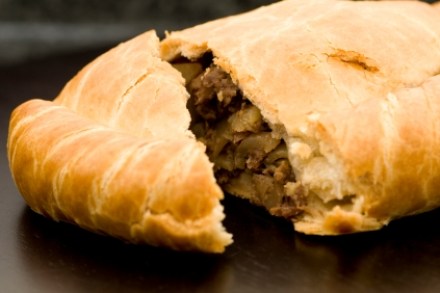I hope our Jubilee Queen, unlike the last, outlives a hopeless foreign war
War in South Africa — the second Boer war — was already brewing by Queen Victoria’s Diamond Jubilee in 1897. Two years later it began. By the end of the century Britain was bogged down and struggling. On the Queen’s death in 1901 the unholy mess continued. In 1902 we were finally able to declare victory; but bloodied, shocked, shamed and considerably cut down to size. The whole campaign had been an ill-conceived, over-confident and grisly blunder. Even Kipling hated it. How could the numerical superiority and technical might of Britain’s armed forces be fought to cruel draw by a smaller band of ill-equipped zealots, as light on their feet













